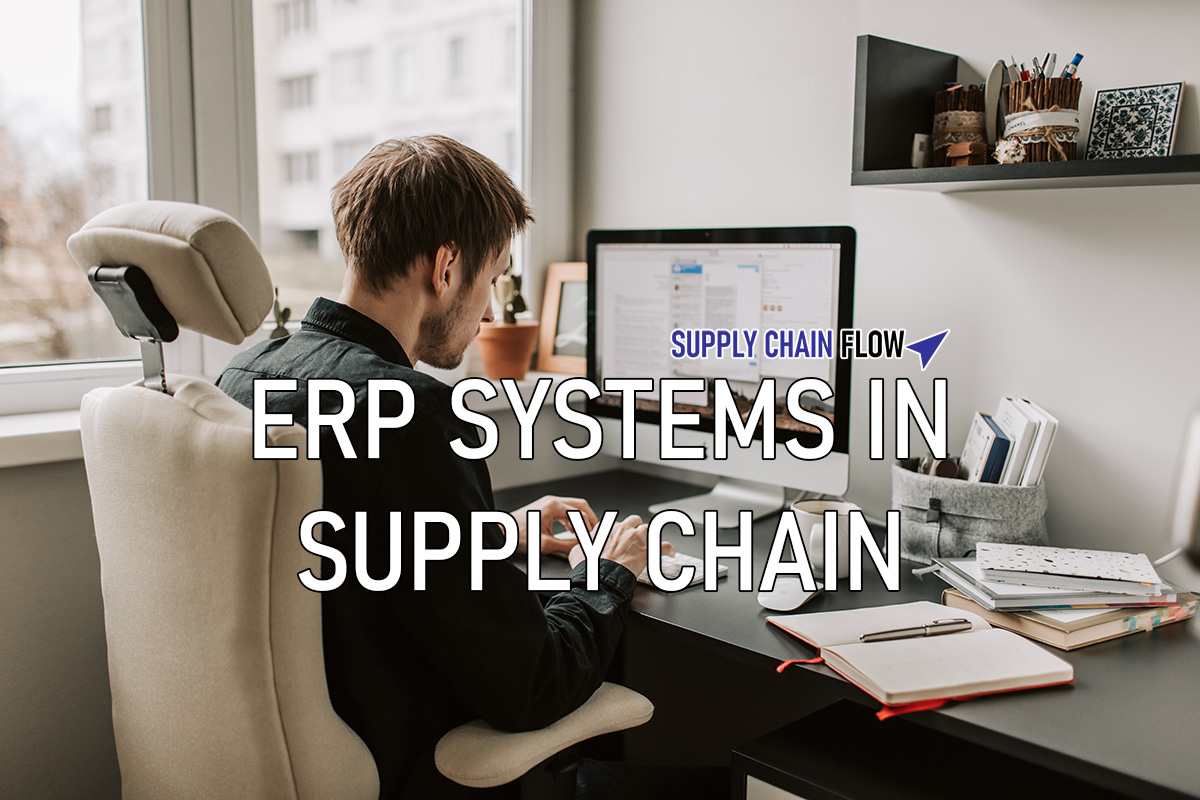Negotiating in Supply Chain

In supply chain, there are many situations where negotiation skills are key. Whether you are in procurement in an official capacity or not, occasionally you will need to negotiate with suppliers, carriers, or even your own internal teams.
There are a few key tools to use in order to have successful negotiations.
Prepare ahead of time
Seriously. Please make sure you prepare a little bit ahead of time. What is being negotiated on? What is the agreement being presented? Make sure you have these written out in a clear, concise way. If a contract is being negotiated, make sure it's read thoroughly and have any sidebar questions answered before a larger meeting is involved. Nobody likes getting on a giant zoom call and the presenter needs basic questions answered first.
Make a clear agenda ahead of time and make sure you send it out to all invited parties at least a day ahead of time for best results.
Make sure the right people are in the room
The right people typically include the key decision makers, and the operations folks that the decision may affect on a day-to-day. Many times, especially when negotiating with carriers or suppliers for the first time, you may get a lot of sales folks on the call - try to avoid that if at all possible, or at least identify the operations and planning people that will actually be fulfilling their end of the bargain, and make sure they speak up.
The worst meetings are the ones where it turns out you can't get your questions answered by the ones invited to the meeting. Make sure to ask ahead of time if the invited members will be able to answer questions or topics given in the meeting agenda ahead of time.
What is most important to least important?
Focus on what matters most in the agreement. Try coming up with the most ideal situation for both parties - a win-win vs. a win-lose. Both sides are going to want a win in every scenario, what agreement will work towards that goal?
Knowing what is most important will help everyone prioritize and focus, and hopefully avoid getting hung up on minor details that may or may not matter in the long run.
Stay on task
If you're leading the discussion, make sure to keep everyone on task. Personal complaints should be kept to a minimum, and don't feel rude if you need to divert the subject back on to the task at hand. Everyone else in the meeting will absolutely appreciate a faster resolution.
If someone is starting to derail the meeting, cut it off quickly and offer a one-on-one afterwards. Be polite but firm.
BATNA - Best Alternative to No Agreement
BATNA is a very common industry term in the world of procurement. Understand what happens if neither side is able to reach an agreement. What alternative will happen?
Be Honest, Have Empathy, and Be Respectful
Open communication is key. Understand that you are still negotiating with real people on the other side of the room or call. Be clear on the concerns and obstacles for both parties. Honesty is absolutely vital to any successful negotiation.
Further Reading:
‘Getting to Yes’ is a relevant book on this topic for further reading.



